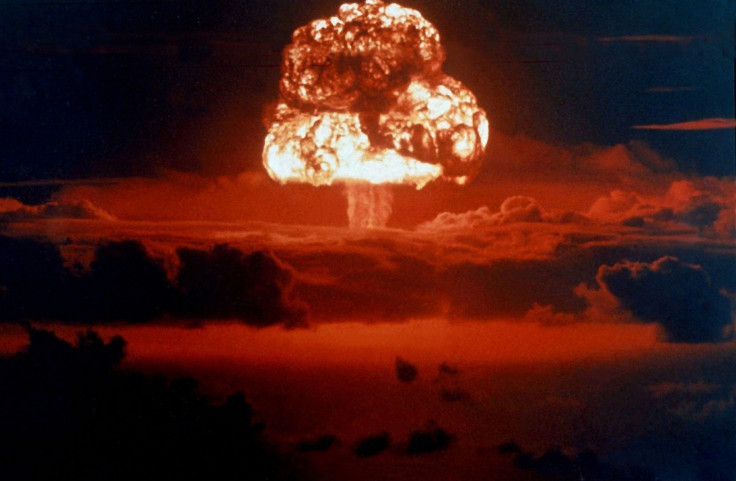US military wants new mini nuclear bombs that can target entire cities or small neighbourhoods
The US Air Force is reportedly looking to develop low yield nuclear weapons for next-gen warfare.

The US military is reportedly looking into developing new mini nuclear weapons that can be customised to either dial down or up the scale of an attack. The US Air Force (USAF) is allegedly eyeing new mini nukes that can wreak havoc on an area as small as a neighbourhood or as large as an entire city.
Although the USAF already uses gravity bombs that can be used in low yield attacks, the same does not apply to nuclear weapons. However, according to Air Force General Paul Selva, who currently serves as the vice chairman of the joint chiefs of staff, next-gen warfare will involve, in part, smaller nuclear weapons that the US may actually use.
"If all you have is high-yield weapons to answer a low-yield attack, it's still a nuclear attack. Answering that with a conventional weapon is likely not going to have the kind of deterrent value as saying, 'Even if you use a low-yield weapon, we have options to respond," Gen. Selva said, Defence One reported. The mini nukes would also allow the US to "respond to a nuclear attack in kind," in situations where "high-yield weapons that create a level of indiscriminate killing" may not be authorised by the US president.
The US military already has around 1,000 nuclear warheads that could be converted into low yield weapons and could be developing more weapons, according to Hans Kristensen, director of the Nuclear Information Project at the Federation of American Scientists.
Gen Selva said that the US is "very quickly" pursuing the development of such weapons. "Whether we do it with a ballistic missile or re-entry vehicle or other tool in the arsenal, it's important to have variable-yield nukes," he said.
The US is not the only country to explore such options. Both Russia, which has previously threatened the use of low yield nuclear weapons if Nato forces enter Crimea, as well as North Korea allegedly have interest in the development of such weapons.
However, some US lawmakers are opposed to the proliferation of such nuclear weapons, some even questioning the concept of tactical nukes.
"I have no doubt the proposal to research low-yield nuclear weapons is just the first step to actually building them," Sen Dianne Feinstein told Roll Call in February. "I've fought against such reckless efforts in the past and will do so again, with every tool at my disposal."
"There's no such thing as limited nuclear war, and for the Pentagon's advisory board to even suggest such a thing is deeply troubling," she added.
"The still-unanswered question is why there would be a need for a low-yield warhead on ballistic missiles. What are the strikes that existing warheads can't do, where would the President be self-deterred because of too big yield, where has the intelligence community concluded that adversaries would get an advantage and deterrence (or war fighting) would fail if we didn't have low-yield, and why can existing capabilities not adequately hold at risk the same targets? Many questions, few answers." said Kristensen.
© Copyright IBTimes 2024. All rights reserved.






